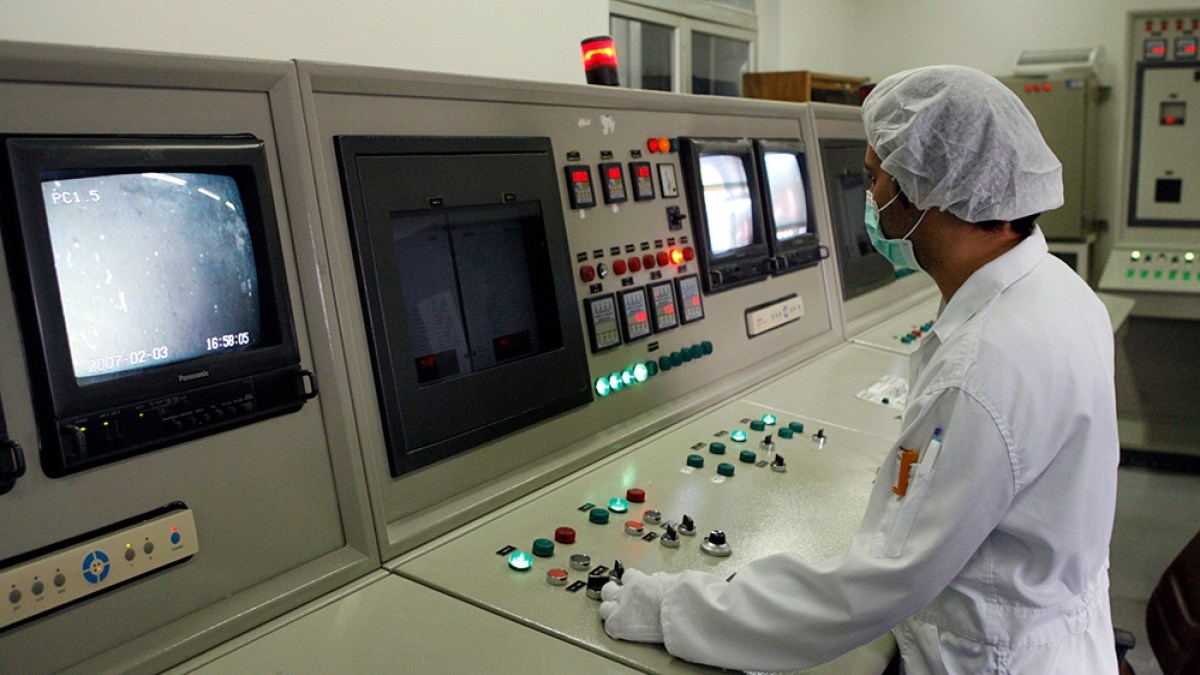The 2024 Florida legislative session is over. Its effects are soon to come, especially as they relate to First Amendment issues.
A number of bills were passed in the session that ended Friday. They intersect — and maybe clash — with the values and five freedoms enshrined in the Bill of Rights: speech, religion, press, assembly and petitioning the government.
Here’s what readers need to know about measures implicating the First Amendment that passed and failed this session — and what they can expect in the months ahead:
Our first story on social media bill: Florida House leader pushes social media restrictions, porn viewer age verification
Controversial from the start: Questions of parental rights raised as Florida lawmakers push social media ban for minors
Social media and porn sites
If it gets Gov. Ron DeSantis’ expected signature and survives expected court challenges, Floridians younger than 16 years old would be banned from social media platforms deemed “addictive” — unless they’re 14 or 15 and get a parent’s permission.
While the bill (HB 3) doesn’t set age verification requirements for social media, platforms would still need to figure out how to filter out those too young or face civil penalties. But the bill, despite data privacy concerns from opponents, does require age verification to access pornographic websites.
Stripper age
Floridians soon will have to be the drinking age to be able to strip for money, if DeSantis signs this legislation.
Bill supporters said the measure (HB 7063) was about combatting human trafficking. And, despite First Amendment questions and concerns about what happens to those who’ll lose their jobs, the Legislature passed a bill banning anyone younger than 21 years old from working in an adult entertainment establishment, which includes adult bookstores and theaters. The bill also creates criminal penalties for those who hire such workers at those establishments.
Bill that drew pro-Palestinian protests
One measure (HB 465/SB 470) drew multiple pro-Palestinian protests to the Capitol. Yet, the bills didn’t move very far. Only one, the House version, made it through a single committee.
The legislation would have yanked state scholarships or tuition aid from college students promoting a foreign terrorist group. It also would have required universities to report those students to the U.S. Department of Homeland Security if they’re in the country on a visa.
Protesters worried the bill would be used against students advocating for Palestinians and criticizing Israel for its operations in Gaza following Hamas’ Oct. 7 surprise attack.
Defamation
For the second year in a row, legislation that would make it easier to launch and win defamation lawsuits in Florida stalled after receiving a barrage of criticism from influential conservative officials and media outlets. First Amendment and media advocates also accused it of infringing constitutional rights and chilling speech.
One of its key provisions would have created the presumption that anyone publishing a false statement that relied on an anonymous source acted with “actual malice,” a key legal hurdle for public figures to win defamation lawsuit. It also would have made a new kind of legal claim against false and offensive artificial intelligence content that a “reasonable person” is likely to believe.
Artificial intelligence
As AI technology advances, so do concerns about its misuse. This session proves that, even beyond the failed defamation legislation. AI is complicated to regulate, the technology being so new and rapidly evolving that there’s numerous legal uncertainties, particularly related to the First Amendment.
But lawmakers pushed through two notable measures. One bill (HB 919) would require disclaimers on political advertisements that use AI to deceive about a ballot issue or injure a candidate in a depiction of a person doing something that didn’t happen.
Another (SB 1680) creates a state “Government Technology Modernization Council” with the goal to make recommendations on AI regulations. It also combats “generated child pornography,” which is computer-generated portrayals of fictitious minors engaged in sexual conduct.
School chaplains
Florida lawmakers passed a bill authorizing school districts and charter schools to adopt a policy for chaplains “to provide support, services, and programs to students.” Supporters of the bill (HB 931) said it’s a win for school children, addressing concerns about youth mental health and the need for more school counselors.
Some opponents worried the bill would be a vehicle for Christian nationalism. Others had constitutional concerns and questions about the credentials of those interacting with minors who may be facing life crises.
And they warned there could be unintended consequences of opening up the door for religion in schools. The Satanic Temple has already said its ministers “look forward to participating” in Florida school chaplain programs.
Police accountability
Bills passed that critics say would undermine the public’s ability to prevent police brutality and corruption, despite increased public attention to those issues following the police murder of George Floyd and other documented cases of police misconduct.
Lawmakers approved a bill (SB 184) that puts a 25-foot “no-go” zone around first responders like police, even though Democrats warned it could be used to prevent their constituents from documenting injustice.
Bill supporters, though, say it’s aimed at making first responders and those on emergency scenes safer. It would create a second-degree misdemeanor for anyone who, after a warning, approaches or remains within 25 feet of working first responders with the intent to harass, threaten, impede or interfere.
Another approved bill would limit what citizen police oversight boards can do and would require these panels to be re-established under county sheriffs who would appoint several members.
Book bans
PEN America, a free speech group, recently named Florida as the No. 1 state for “book banning,” a term conservatives hate but one many people use to describe book removals from public schools. Even Gov. Ron DeSantis has called for limits to how many books the public can challenge in schools.
He got what he wanted. The Legislature passed a bill that states a “resident of the county who is not the parent or guardian of a student with access to school district materials may not object to more than one material per month.”
Yet, many — if not most of — books being removed aren’t challenged. School districts are preemptively removing them, fearful of running afoul of recently-passed state laws many view as vague.
Public records exemptions
There are more than 1,000 public records exemptions in Florida, enshrouding what was once openly available information. Continuing an annual trend, lawmakers approved a multitude of exemptions this session.
One bill shields autopsies, photographs, videos or audio recordings of a suicide when the information is held by a state agency. Another bill conceals a swath of information in applications for the My Safe Florida Home Program, which helps Floridians harden their homes against hurricanes.
A number of exemptions didn’t reach the finish line. One would have weakened the accountability and transparency ushered in by a recent state Supreme Court ruling that said that Marsy’s Law, a constitutional amendment approved by voters in 2018, which granted a number of rights to crime victims, doesn’t guarantee anonymity for police officers — or any victim of crime.
No change to constitutional amendment process
Another session means another failed attempt to try to make it harder for Florida voters to pass constitutional amendments.
If they get enough signatures through a petition process and survive review from the Florida Supreme Court, they appear on the ballot, regardless of what Legislature’s Republican supermajority wants. Case in point: the Supreme Court is soon going to weigh in on two amendments for the 2024 election that would legalize recreational marijuana and protect abortion rights.
But lawmakers can also get amendments on the ballot, if approved by three-fifths of each chamber. A measure (HJR 335) this session would have raised the threshold for such amendments to pass with the support of Florida voters from 60% (three-fifths) to 66.67% (or two-thirds of those voting). But it didn’t, just like years prior.
‘Woke’ in education targeted again
GOP lawmakers also pushed through a measure (HB 1291) that would ban teacher preparation programs from instruction on “identity politics” or “theories that systemic racism, sexism, oppression, and privilege are inherent in the institutions of the United States and were created to maintain social, political, and economic inequities.”
PEN America said the bill was “set up for failure,” citing federal court blocks on the previously-passed “Stop WOKE Act.” That law targeted businesses’ diversity practices and trainings and what’s taught in collegiate classrooms.
Contributed: USA TODAY NETWORK-Florida. This reporting content is supported by a partnership with Freedom Forum and Journalism Funding Partners. USA Today Network-Florida First Amendment reporter Douglas Soule can be reached at DSoule@gannett.com.



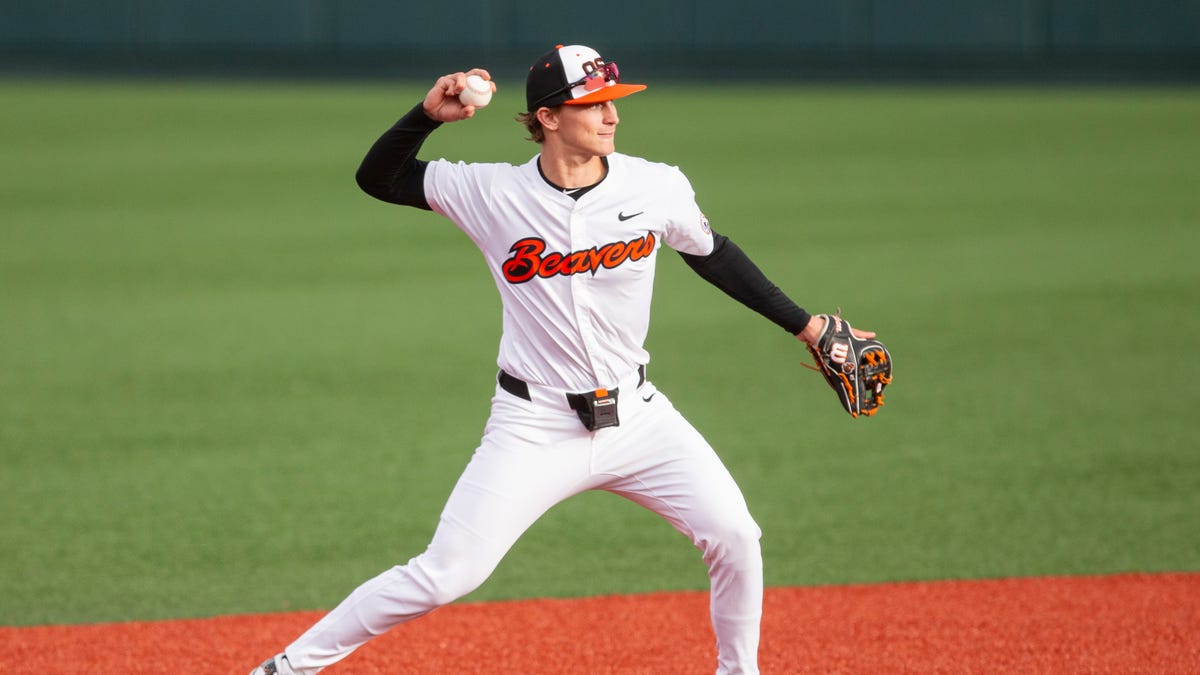
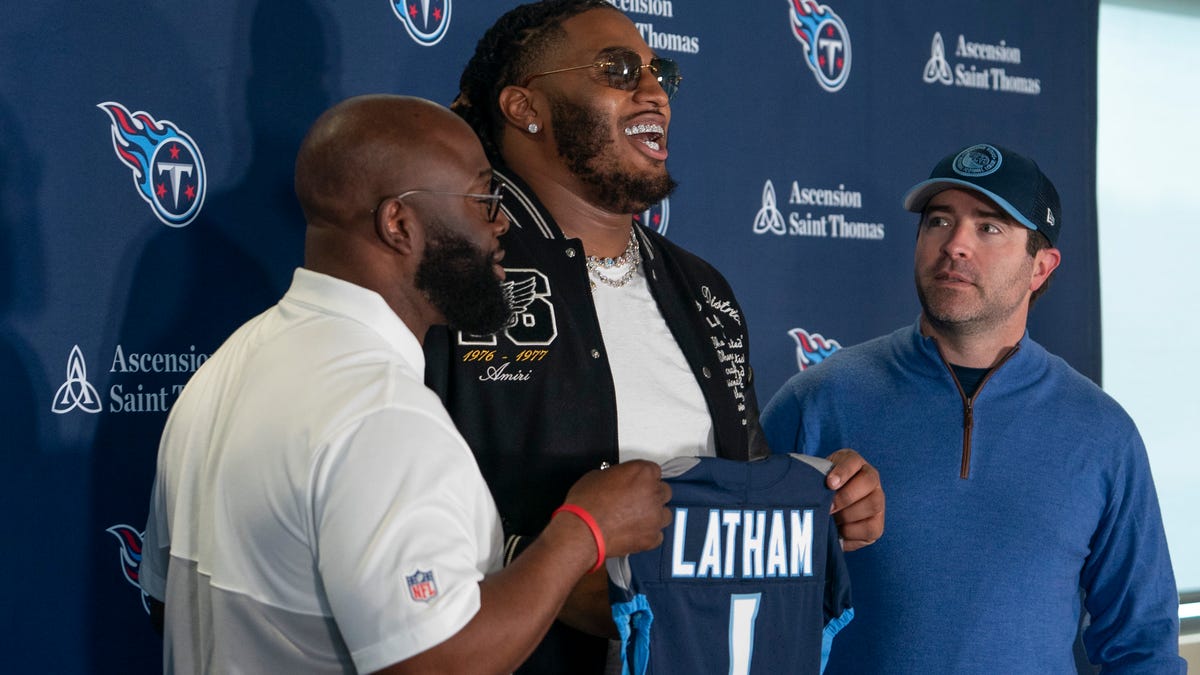
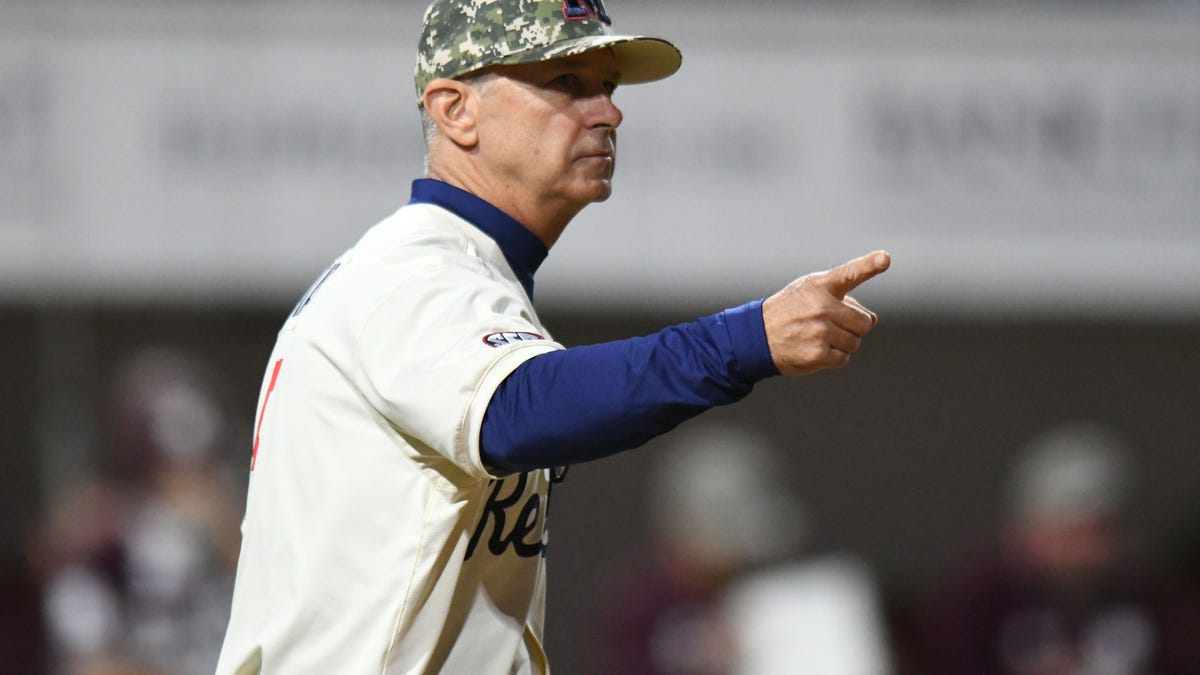
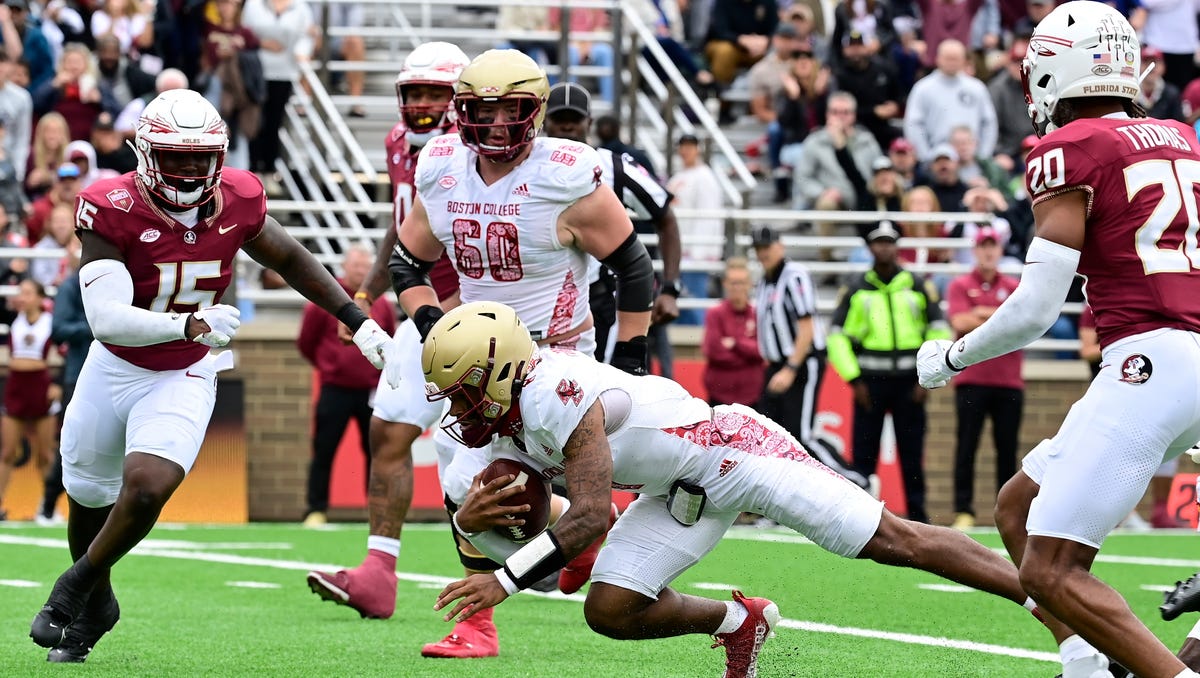
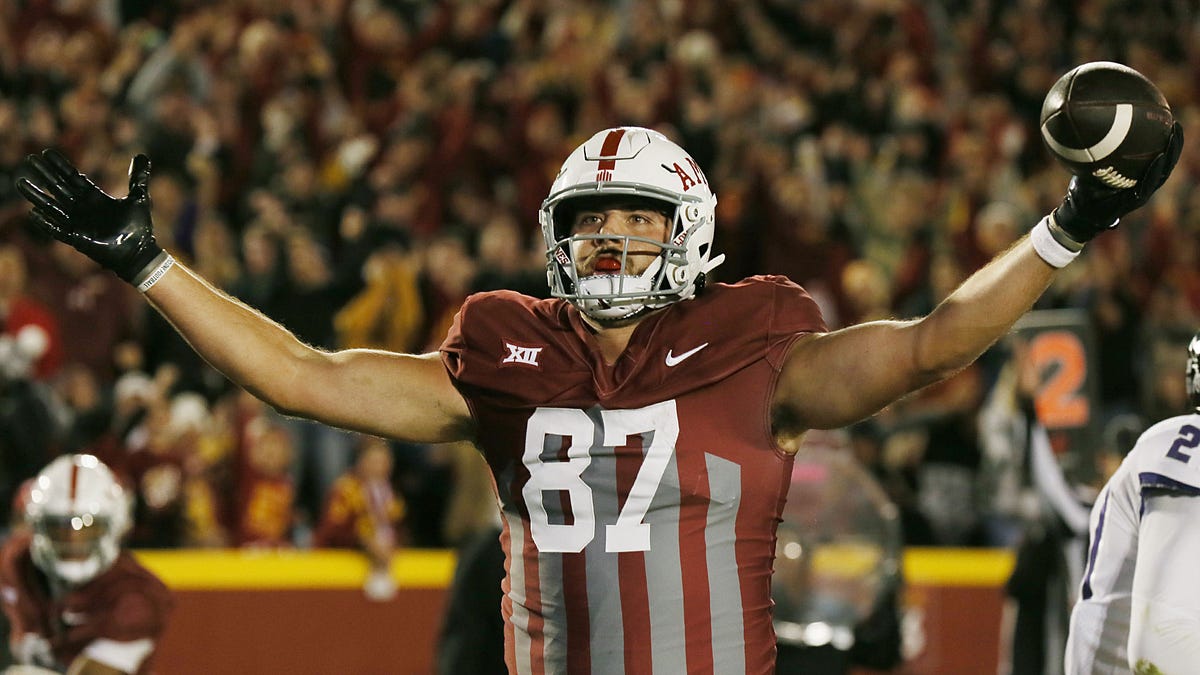
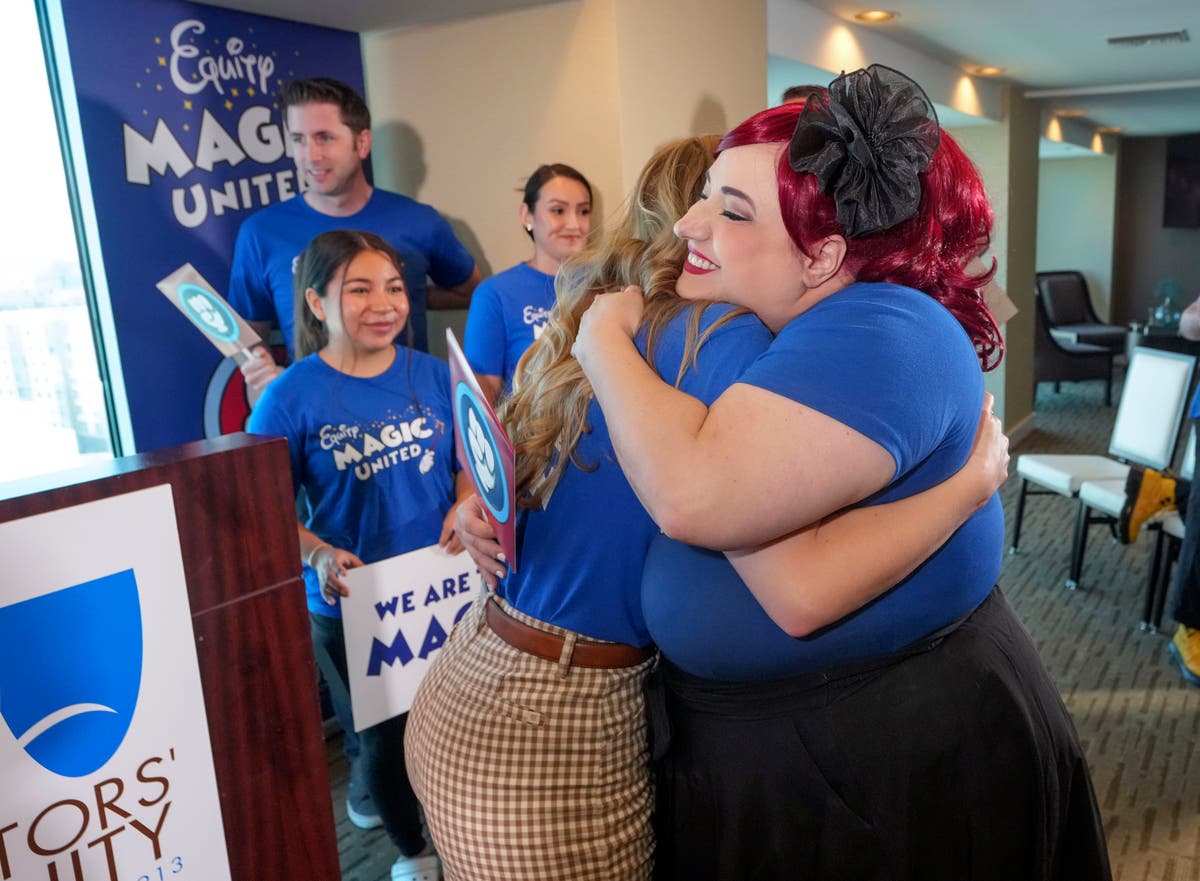











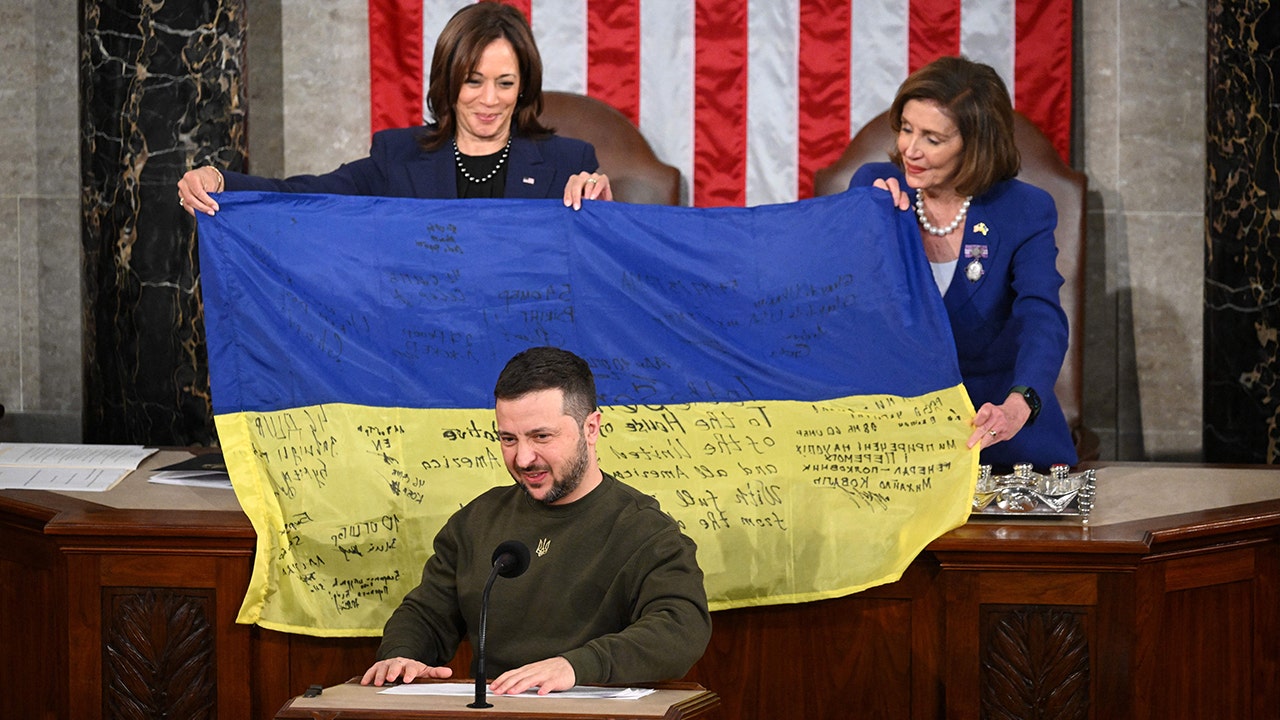

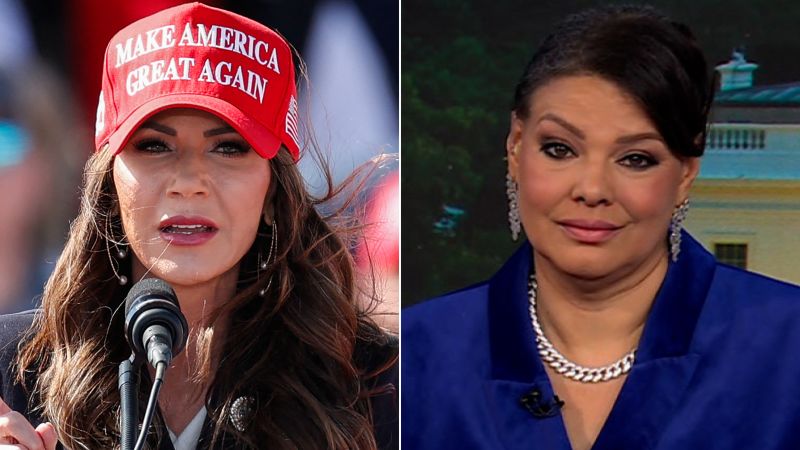




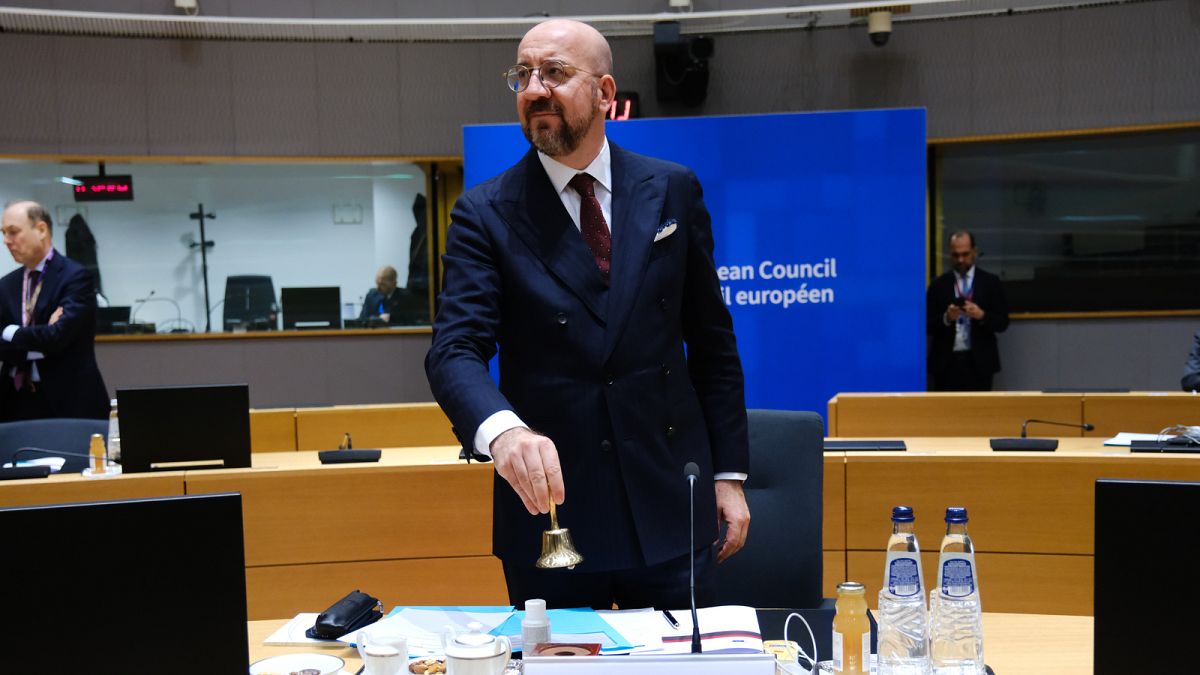
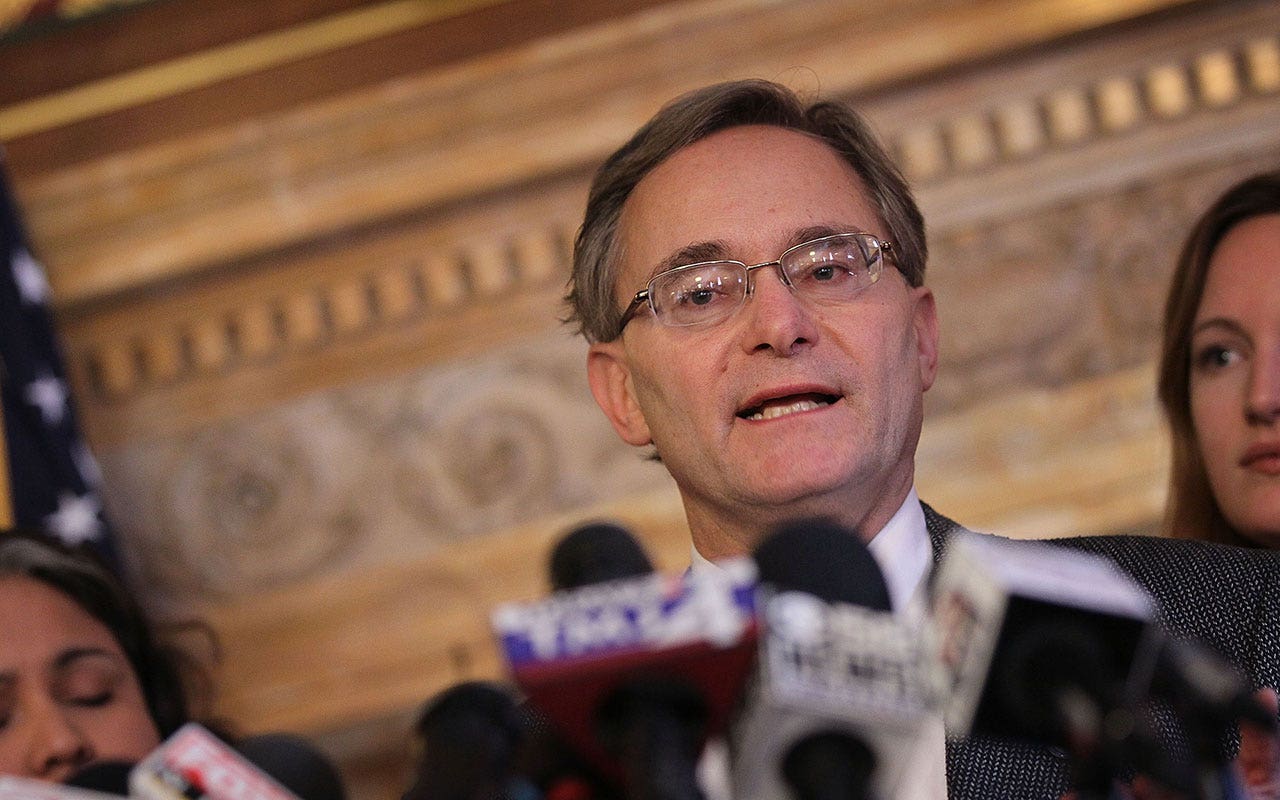
/cdn.vox-cdn.com/uploads/chorus_asset/file/24016887/STK093_Google_02.jpg)
